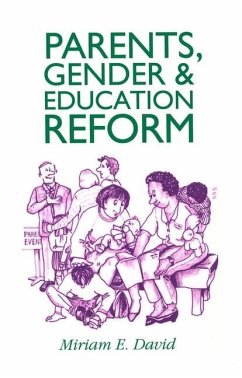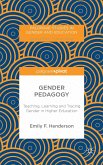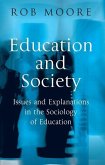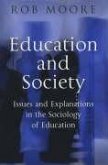In Britain, as in other advanced industrial societies, such as the US, education is high on the public policy agenda. The concern is about how to maintain and improve educational standards. The right aims to give more power to parents as consumers in the education market-place, on the ostensible grounds of demanding better educational standards for their own children. The left aims to involve parents in educational processes in order to make schooling more effective. This book reviews the evidence that has been amassed over the last 40 to 50 years in order to evaluate these two sets of claims about how to improve educational provision. Various public policy strategies have been pursued to develop schooling in conjunction with families. Social scientists have been involved in evaluating recent education reforms, especially over parental choice and involvement. The book also reviews the effects that changing family structures, such as the growth of lone-parent families and maternal employment, have on educational opportunities and performance. It considers the impacts on both children and parents, especially mothers. It concludes with a consideration of the future of education reforms in the light of changing family structures and asks whether social and sexual inequalities are likely to be exacerbated by current trends.
Hinweis: Dieser Artikel kann nur an eine deutsche Lieferadresse ausgeliefert werden.
Hinweis: Dieser Artikel kann nur an eine deutsche Lieferadresse ausgeliefert werden.








